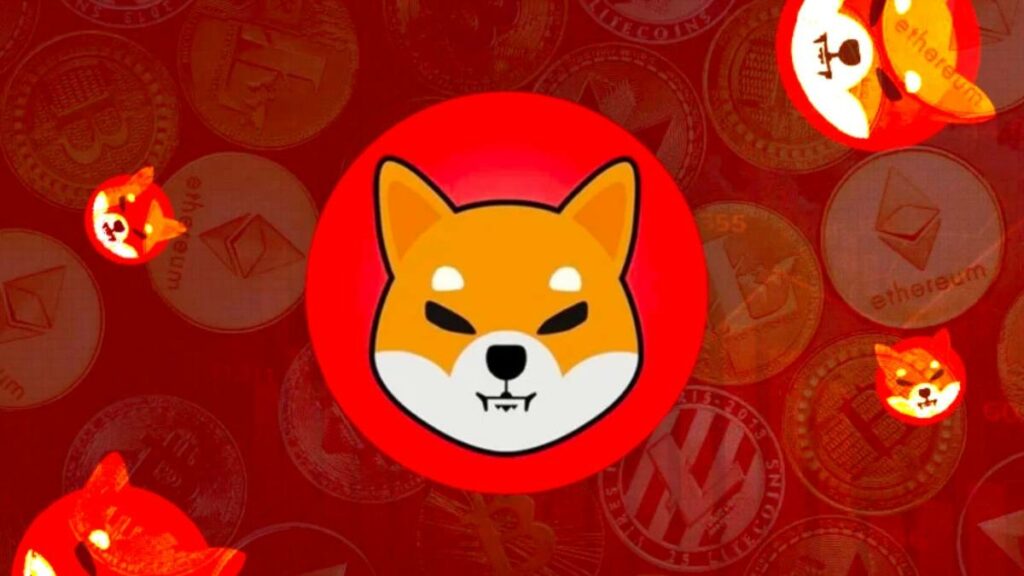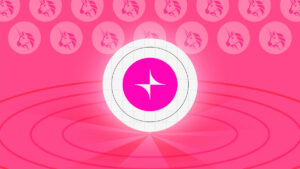TL;DR
- Shiba Inu Marketing Manager Lucie shared her thoughts on the pros and cons of a SHIB ETF.
- A SHIB ETF could improve accessibility and attract institutional investors, but it could also increase centralization and reduce participation in DeFi.
- The community has mixed opinions on the implementation of a SHIB ETF.
Shiba Inu’s marketing manager, Lucie, has sparked significant debate in the crypto community with her recent post on X, where she discusses the potential effects of a SHIB ETF.
In her post, Lucie presents both the benefits and drawbacks of an exchange-traded fund (ETF) for the popular cryptocurrency Shiba Inu (SHIB).
Why would a $SHIB ETF be great, and why not?
1.Why a SHIB ETF Would Be Great:
•Accessibility: A SHIB ETF would make it easier for traditional investors to gain exposure to Shiba Inu without needing to navigate cryptocurrency exchanges.
•Regulation and Security: ETFs are… pic.twitter.com/pZTXWCVVcX
— 𝐋𝐔𝐂𝐈𝐄 (@LucieSHIB) July 11, 2024
This analysis comes at a time when the crypto community is awaiting the approval of an Ethereum (ETH) ETF, which adds relevance to the discussion.
Lucie argues that one of the main benefits of a SHIB ETF is accessibility.
An ETF would allow traditional investors to gain exposure to SHIB without the need to navigate complex cryptocurrency exchanges.
This regulated financial product could attract institutional investors who have so far been reluctant to enter the crypto market due to the lack of regulatory clarity.
Additionally, an ETF could include a basket of related assets, which would reduce risk through diversification.
Another plus point is that a Shiba Inu ETF could increase demand and liquidity for the token, potentially boosting its value in the market.
Being a regulated product, an ETF would also offer a layer of security and compliance, which is attractive to investors looking for stability in their investments.
However, Lucie also points out several significant disadvantages.
The most notable is the risk of centralization.
One of the fundamental pillars of DeFi (decentralized finance) is precisely decentralization, which guarantees security and democratization of control.
The introduction of an ETF could contradict this principle by centralizing control of SHIB, which could limit community participation.
Another negative aspect is the loss of direct ownership.
Investors in an ETF would not directly own SHIB tokens, which would prevent them from participating in essential DeFi activities such as staking and governance.
This simplification of investment could reduce engagement and active participation in the DeFi ecosystem, weakening it.

Mixed Opinions in the Shiba Inu Community
Despite these counterarguments, Lucie believes that the implementation of a SHIB ETF is likely, given that institutions have already begun to recognize the advantages of Shiba Inu’s decentralized nature.
However, reactions to its publication have been mixed.
While some members of the community welcome the potential arrival of an ETF, others consider it unnecessary and contrary to the principles of DeFi.
Some critics argue that the SHIB and DeFi community needs more education and simple ways for interested parties to invest, without resorting to the centralization that an ETF could bring.
It has also been mentioned that the costs and regulations associated with an ETF could disincentivize more cost-conscious DeFi participants.
The possibility of a Shiba Inu ETF presents a complex dilemma for the crypto community.
On the one hand, it offers accessibility, regulation and potential increases in demand and liquidity.
On the other hand, it poses risks of centralization, loss of direct ownership and reduction of active participation in DeFi.
The community will need to carefully weigh these factors before deciding on the best path forward.










